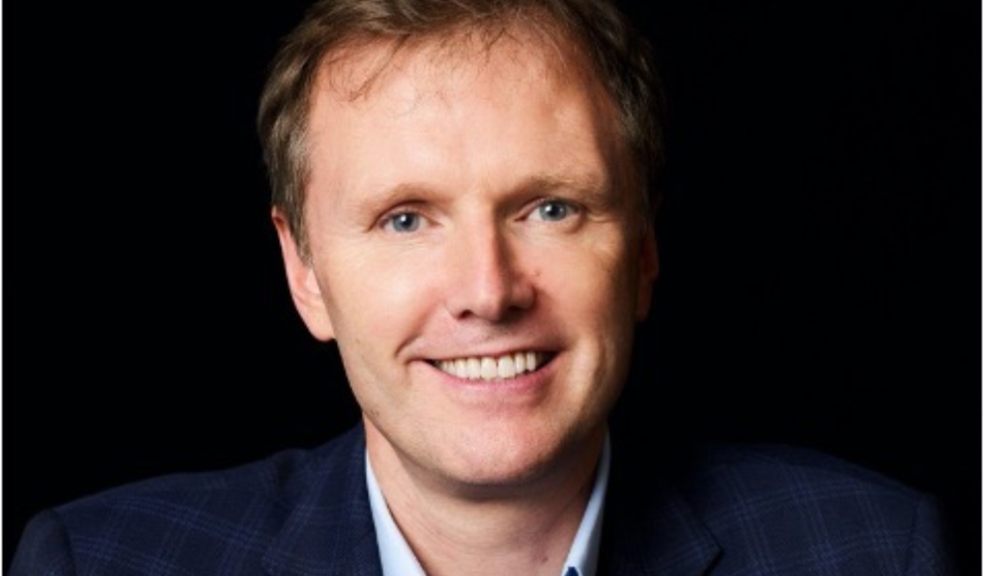
How Stephen Bird Led Standard Life Aberdeen’s Metamorphosis Into abrdn
The FTSE 100 company abrdn is currently the largest asset manager in the UK, with more than one million shareholders and over £500 billion of assets under administration. The company has undergone a remarkable transformation in the last couple of years and owes much of its recent success to CEO Stephen Bird.
The former CEO of Citigroup, Bird joined abrdn back in 2020 when the global investment company and asset manager (then Standard Life Aberdeen) needed a change in direction. By embracing robot funds and overseeing a complete brand overhaul, Bird reversed the fortunes of the firm and reinvigorated abrdn.
Standard Life Aberdeen Appoints Stephen Bird as CEO
In the years following the merger between Aberdeen Asset Management and Standard Life in 2017, the newly formed company struggled to live up to investors’ expectations. Initially, Standard Life Aberdeen saw its market value almost halve (from £11 billion to £5.8 billion). By 2019, investors had withdrawn over £17 billion from funds, and the company’s profits before tax were one-tenth lower than the previous year (£584 million in 2018).
Standard Life Aberdeen appointed Bird as CEO two months after he joined the company’s board of directors in July 2020, with Douglas Flint, the asset manager’s chairman and the former chair of HSBC, enticing him into the role. Bird had a reputation for generating value for clients in global financial markets and helping companies evolve and thrive through periods of change.
Bird came to Standard Life Aberdeen from Citigroup, where he had spent over 20 years, first as the chief executive of Citigroup’s Asia Pacific business lines and then as company CEO. The former banker has extensive experience overseeing consumer and commercial banking in 19 countries, including mortgage, credit card, retail banking, and wealth management businesses.
A Future-Proofed Strategy
One of Bird’s first moves as company CEO was to conduct an extensive review of Standard Life Aberdeen’s operations. The review would help Bird identify areas where the firm needed improvement and create the blueprint for a long-term growth strategy.
Following this evaluation process, Bird restructured Standard Life Aberdeen’s executive team. He also launched a three-year plan to halt the company’s falling revenue, slow the outflow of funds, and generally future-proof the asset manager.
Exchange-Traded Funds
As part of this future-proofing strategy, Bird introduced exchange-traded funds (ETFs). Much like traditional funds, ETFs (or robot funds) invest in shares in an index (such as the FTSE 100). The key difference between traditional funds and robot funds is the level of human involvement.
Previously, the success of funds relied on investment managers selecting market-beating stocks to get the best outcomes for clients. With the rise of artificial intelligence (AI) and automation, however, computers can now run pre-programmed investment algorithms that replicate the actions of human managers and require minimal supervision. The automated nature of ETFs means they are generally cheaper than traditional funds, with lower annual fees.
Standard Life Aberdeen was well known for its fund management expertise. However, rather than seeing AI-managed funds as competition, Bird decided to embrace ETFs and enhance the company’s rich investment experience with more modern offerings.
Along the way, Bird received advice from Larry Fink, CEO of U.S. asset manager BlackRock. Through offering ETFs, BlackRock has become the biggest asset manager globally and, as of 2022, manages around £8 trillion in assets.
The Rebrand to abrdn
To underpin Standard Life Aberdeen’s transformation into a more forward-facing organisation, and to solve “confused branding” issues, Bird led the company through a complete rebrand in 2021. Standard Life Aberdeen became abrdn, with the company’s “six brand names and six websites” streamlined into one clear, dynamic identity.
abrdn’s flagging fortunes have pivoted since Bird implemented the rebrand. In 2021, the first year of the CEO’s three-year growth strategy, abrdn’s revenues grew for the first time since the 2017 merger. abrdn also acquired Finimize in 2021, an app that sends subscribers daily investment insights.
Bird has steered the company towards further growth in the UK wealth management market, offering clients financial advisory services that illuminate complex issues (like tax and pensions) alongside simple online investments like ETFs.
Continuing the trend of “client-led growth,” in 2022, abrdn completed the acquisition of interactive investor (ii), the UK’s leading subscription-based direct investing platform. Bird stated that introducing the platform to abrdn’s Personal vector marked “an important step forward” for the company’s refreshed statement of purpose — empowering clients to become better investors.
About Stephen Bird
An experienced leader in the financial sector, Bird is currently the CEO of abrdn. He joined abrdn’s board in July 2020 as chief executive designate before his appointment as company CEO in September. In 2021, he became a representative director for abrdn to the U.S. closed-end fund boards and the Société d'Investissement à Capital Variable (SICAV) fund boards (where abrdn is the appointed investment manager).
Bird is currently a member of the Investment Association’s board of directors and Scotland’s Financial Services Growth and Development Board.
Before joining abrdn, Bird worked at global consumer banking firm Citigroup, serving as:
- CEO of Global Consumer Banking (2015-19).
- Chief executive of Citigroup’s Asia Pacific business lines (1998-2015).
Over two decades with Citigroup, Bird held leadership roles in banking, technology, and operations across the company’s businesses in Asia and Latin America.
Previously, Bird held UK management roles at GE Capital and British Steel. He has a master’s degree in economics and finance from Cardiff University, where he is also an honorary fellow.














